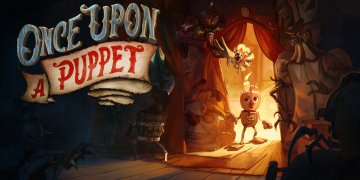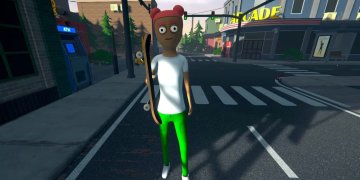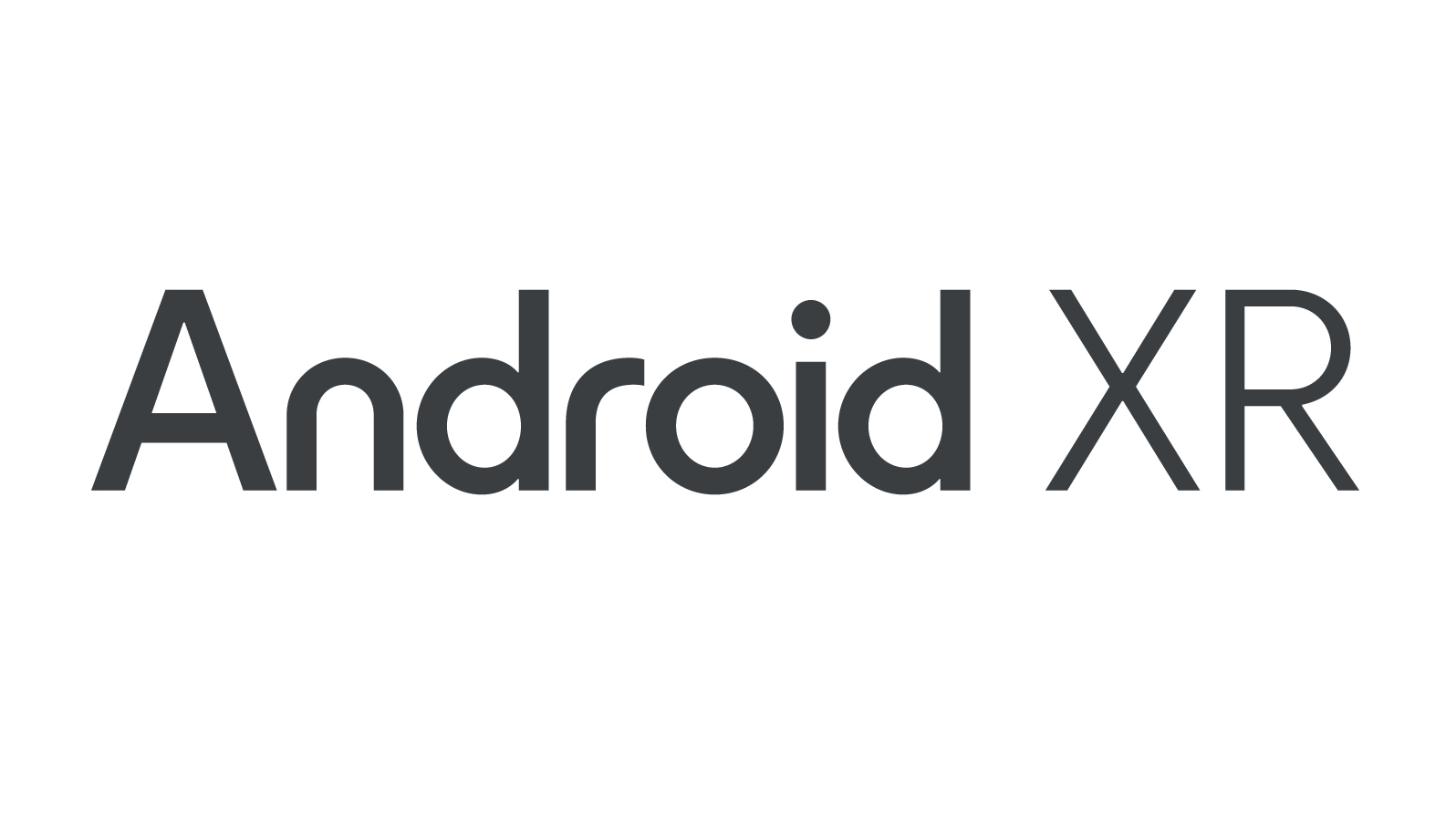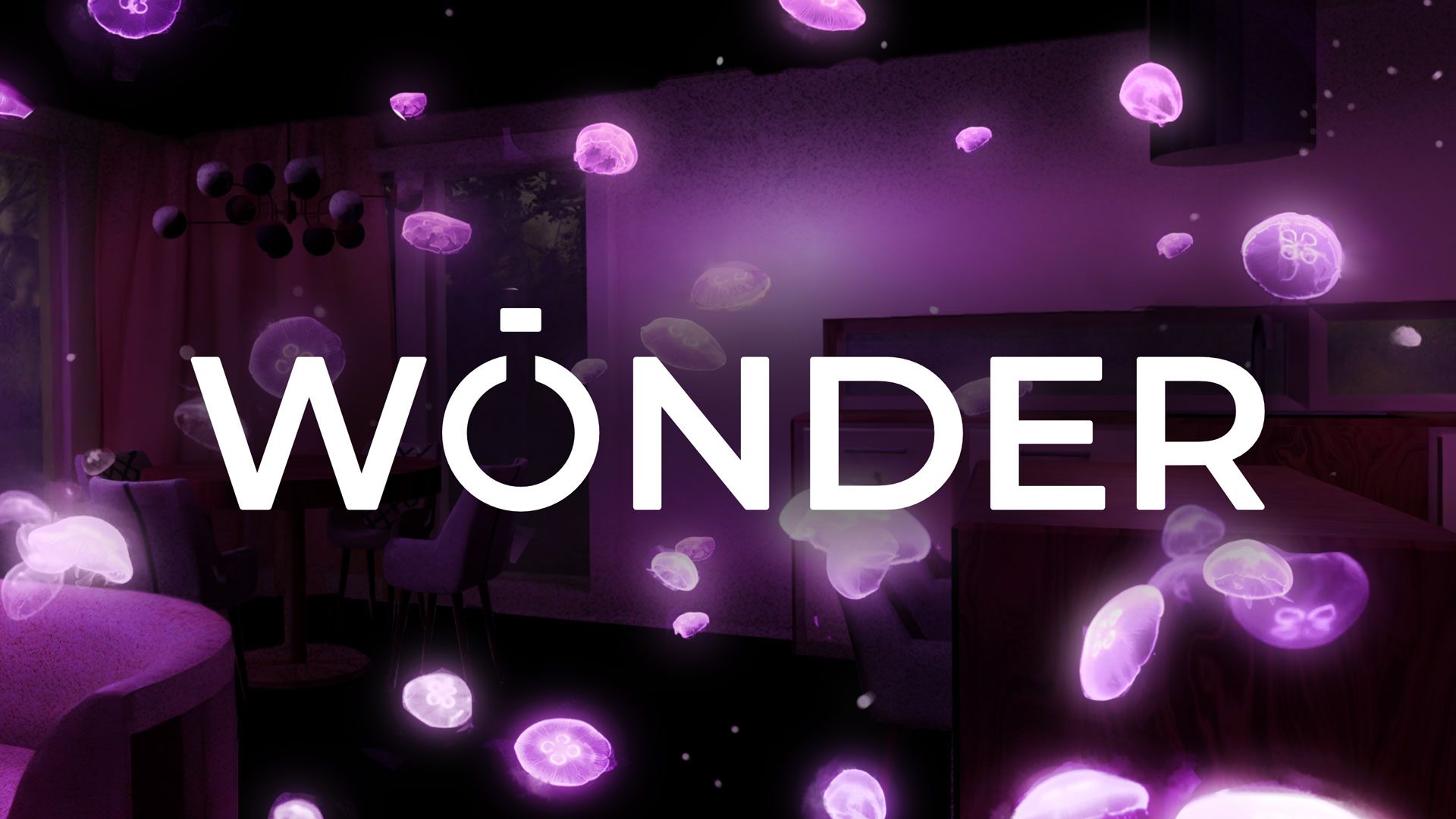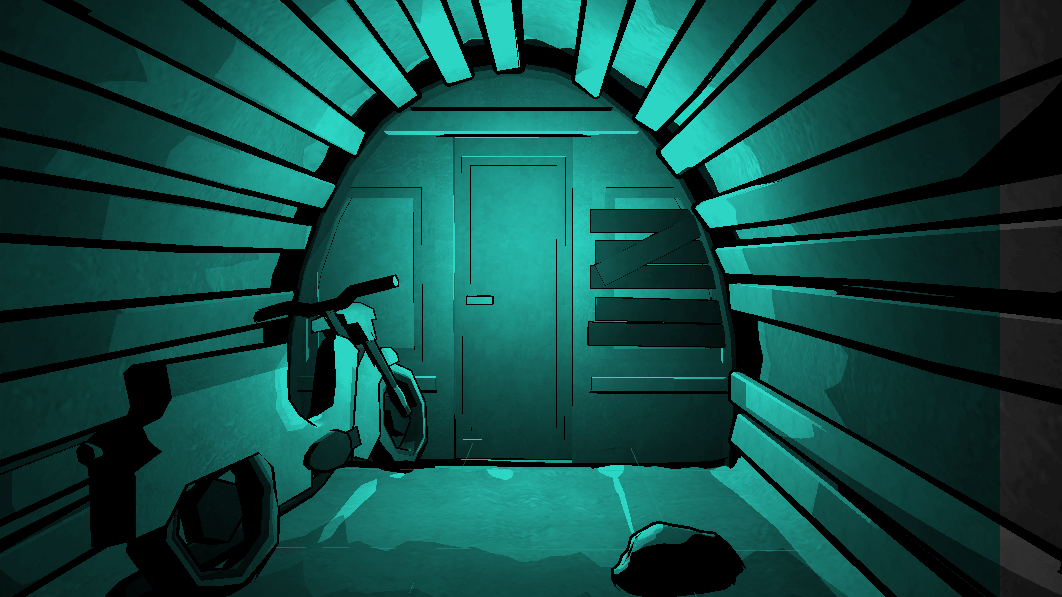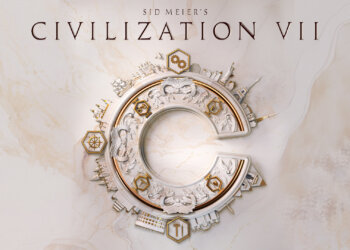A lawsuit accusing OpenAI of copyright infringement, which was initiated by news organizations like Raw Story and AlterNet, has been thrown out by a federal judge in New York. The judge reasoned that these outlets did not provide clear evidence showing how OpenAI used their content without consent to train their AI model, ChatGPT, and without offering compensation. However, the news outlets have the option to file another lawsuit, though the judge expressed doubts about their ability to present a valid claim of injury.
Lately, both OpenAI and Microsoft have been facing several lawsuits over copyright infringement. Some publishers and authors have previously accused AI-driven tools such as ChatGPT, Microsoft Copilot, and Anthropic’s Claude of using protected content without permission, proper credit, or payment. For example, back in May, eight news publishers took legal action against Microsoft and OpenAI on similar grounds.
Sam Altman, CEO of OpenAI, defended the company’s stance by arguing that copyright laws do not outright ban the use of copyrighted material for training AI systems. He even acknowledged that developing tools like ChatGPT without such content would be nearly impossible.
Luck seems to favor OpenAI, following the recent ruling by Judge Colleen McMahon to dismiss a lawsuit filed against them by Raw Story and AlterNet, as reported by Reuters. According to these news outlets, OpenAI wrongly utilized their copyrighted content to train its large language models (LLMs).
The court dismissed their claims as the news organizations could not demonstrate significant harm, allowing room for OpenAI’s decision to go unchallenged for now. If they choose to, the outlets can bring a new lawsuit, although the judge was doubtful about their chances of showing tangible injury.
For background, Raw Story and AlterNet alleged that OpenAI removed copyright management information (CMI) from their articles, but they failed to provide specific instances of infringement. This lack of conclusive evidence resulted in the dismissal of their claims.
Judge Colleen McMahon noted in her remarks, “The real issue here is not just the exclusion of CMI but rather the use of the articles to develop ChatGPT without remuneration. Whether there is another statute or legal justification for this type of harm remains to be seen, but that question is not being addressed by the Court today.”
It will be intriguing to watch how upcoming copyright-related lawsuits against OpenAI unfold, especially after the dismissal of the case filed by Raw Story and AlterNet.













